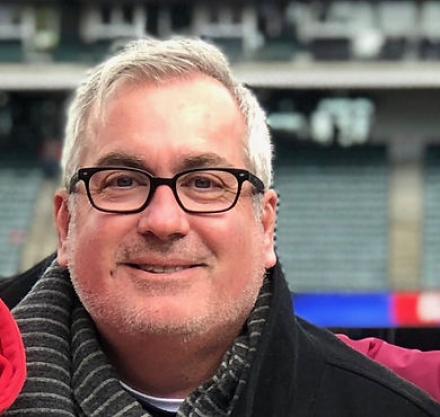
Mental illness can be as lethal as any physical illness. When you are experiencing anxiety, depression, or other troubling symptoms, ending your life can seem like the only way out of pain. Impaired thinking makes it difficult to imagine the consequences for the people left behind. You may even believe they will be better off without you. In reality, survivors struggle with guilt, anger, self-doubt and may have suicidal thoughts themselves in response. In these troubling times how can we help ourselves and others find hope that tomorrow can be better?
Dr. Steven Karaiskos, is an educator and emotion scientist, a leader in the development of whole child emotional well-being, and an activist for suicide prevention. After the loss of his partner, David, to suicide in 2009, Steven earned a Ph.D. in Psychology with a focus on positive psychological approaches to suicidal ideation. He currently serves as Senior Director of Community Education and Outreach for Samaritans, a Boston-based suicide prevention and grief support organization where he facilitates support groups for Teens, Twentysomethings, and members of the LGBTQIA+ community who have lost someone to suicide. He also mentors and trains educators in their own well-being and self-efficacy through consulting with Millennium Forum and Sea Change Mentoring.